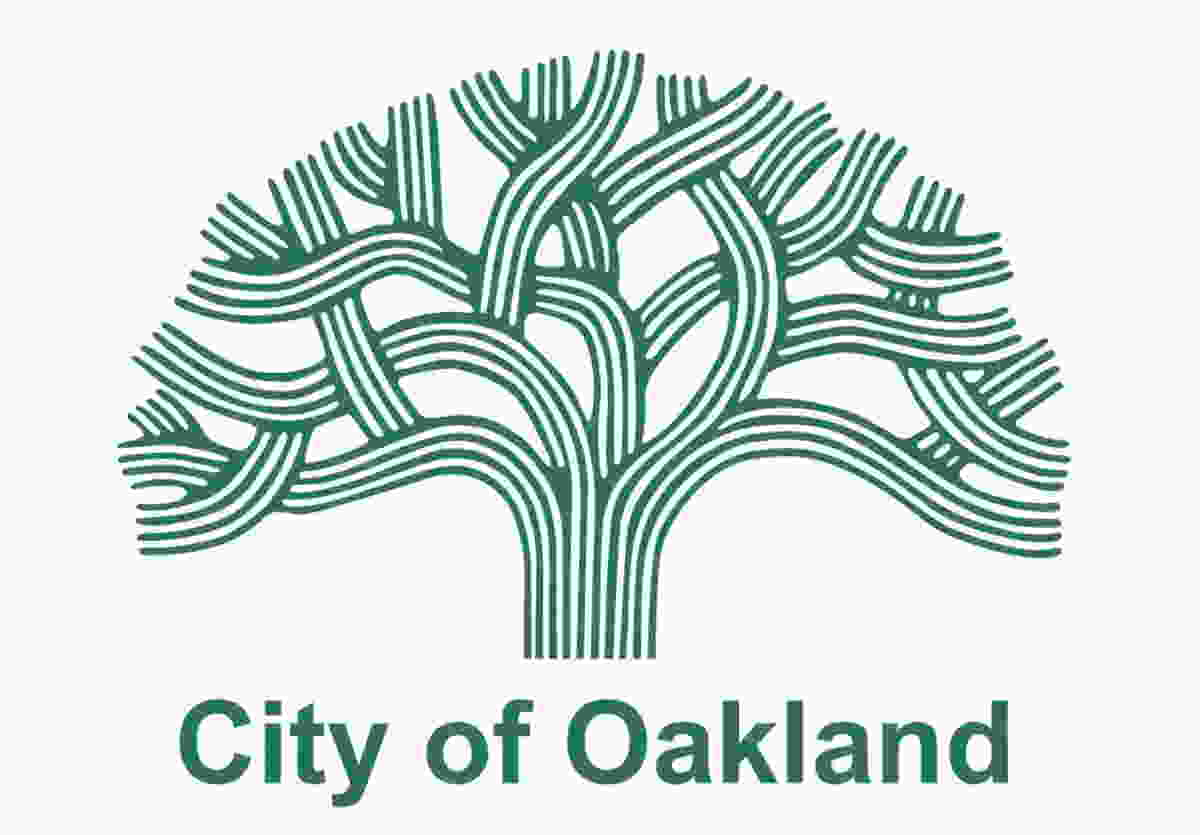Oakland (Special to ZennieReport.com) – There’s an idea out there that one major contributor to the City of Oakland’s $175 million budget deficit (see report) is unpaid business taxes and license fees. But is it? Len Rafael, Oakland Accountant and candidate for the District One City Council Seat currently held by Dan Kalb, shared this view on his Facebook page (since removed):
Posturing by the city’s unions blaming the City for failing to collect tens of millions (but nowhere near the current Oakland Budget Deficit of $175 million) in business taxes.
Lost in the noise is that the amount of “uncollected taxes” is based on the City’s estimate of what would have been collected if business tax revenue had continued at the pace of pre-COVID years. The amount of unpaid taxes on business tax returns filed is a small portion of the total.
My opponent for District One City Council, FireFighter Pres Zac Unger at today’s City Hall rally delivered a nice-sounding populist line, appealing to Oakland voters’ dislike of big business:
“It is a failure of government to talk about cuts for first responders when millions of dollars in tax revenues are going uncollected,” IAFF 55 President Zac Unger said. “We demand clear action and accountability from the City Administration to ensure corporations are paying their fair share.”
Having worked in a couple of big CPA firms, and 30 plus years as a sole proprietor CPA, I can tell you big corporations don’t skip out on business tax filings and payments. Local business tax amounts are minor compared to federal and state income taxes.
If any business evades paying Oakland business tax, it’s small, one- or two-person corporations, partnerships, and sole proprietorships.
The “uncollected revenue” was most likely phantom revenue from businesses that left Oakland because their sales had dropped, and they didn’t bother renewing their licenses. So, either no tax was owed, or there were just a few months of low sales.
Sorry, Zac. Try looking at the raises given to city workers over the last few years and the money spent on anti-violence and other ineffectual feel good pork.
Try looking into why businesses have left and are leaving because of crime and homeless encampments.
Len Rafael Is Right That Zac Unger Is Wrong, But No One Considers Revenue Size
As it happens, Len Rafael is correct when he says that Zac Unger should look elsewhere other than business tax revenue for the source of the problem. He and others point to salary increases, but not because they actually studied the difference in size of revenue lost in the case of business tax collections, versus the total size of the deficit, which is $175 million. I did.
While it’s hard to pin-down the exact number of businesses in Oakland (for a host of reasons), one can establish a ballpark mark to use for investigation of claims. Using the most reliable estimated number of Oakland Businesses reported to be 44,799 in 2017, and realize a calculative average business tax payment of $2,250, we then have a basis for evaluation.
If 6,000 businesses did not pay taxes for closure (as the argument goes) or whatever reason, that’s a loss of $13,500,000 (6,000 times $2,250). Even an increase in average business tax payment to $3,000 per business would realize a loss of just $18,000,000.
So, given that the total deficit is $175 million, and the loss of business tax revenue could be as great as $18,000,000, the share of the total deficit that is lost business tax revenue is just over 10 percent, or 10.29 percent, at best. Thus, blaiming the 2023-2024 City of Oakland Budget Deficit on unpaid business taxes is 100 percent incorrect.
In Closing: Oakland Political Candidates Must Stop Using Budget Problems As The Basis For Fake News
There are a number of people (and one non-profit publication that purports to call itself a practicioner of impartial journalism, when the evidence is to the contrary, thus opening a legal can of worms) that are active during this 2024 election cycle and tossing out fake news on a number of subjects. This idea that the City of Oakland Budget Deficit is due to uncollected business taxes is one of them.
As shown, the possible range of lost business tax revenue estimates simply is simply not large enough to be a concern. Indeed, the average business tax payment would have to be eight times what it currently is to be a real factor in change in the City of Oakland’s 2024 Budget Deficit. Then, the payment would go from $3,000 to $24,000, and the lost revenue would climb to $144 million from $18 million (6,000 closed businesses times $24,000 average business tax payment). That would be 82.9 percent of the $175 million deficit.
In closing, this is from a Blogger trained as a city-planner and urban economist, who worked for four politicians, including two Oakland Mayors – not a journalist. I contend that journalism practice today amounts to cherry-picking information to back a political point, but being dishonest about it.
I am biased toward proper and professionally-oriented government operation. I hold that Oakland’s Strong Mayor system has given us an over-politicized, massively unprofessional municipal government, running unchecked by professional public officials who work in constant fear of being fired by the untrained lay elected official. That must stop. Somehow. Someway.
I am also biased toward argument, and contend that too many are afraid to have their views peacefully challenged for fear that their prejudices will be unmasked.
